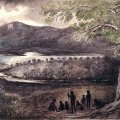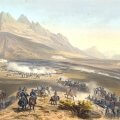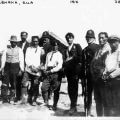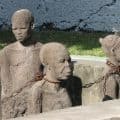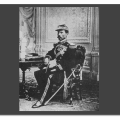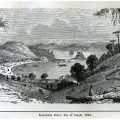Curriculum debates: Increasingly, school history has become the focus of public interest, although the fault lines of related debates seem to fall along predictably and often polarised political orientations.
Tag Archive for ‘Curriculum (Lehrplan)’
History Education in Times of Trump
What interpretations of Mexico-United States relations will the new curriculum of Mexican history recommend? What should we study to prepare a critical citizenry?
A Matter of Choice–Biculturalism
Biculturalism? In the high-autonomy curriculum environment in New Zealand, it is history teachers who are charged with the responsibility of engaging young people with controversial aspects of postcoloniality.
Teaching of Troubled Pasts—Three Suggestions
If we examine most of troubled pasts presented in educational scenarios, two features clearly appear. Most of the historical events have a national character and most of them happend just recently.
The Downfall?! Can History Teaching Still Be Saved?
“When historical dates are meaningless in history lessons” – this is the headline of a polemic article “Die Welt” has recently published to argue against the new history curriculum in Saxony-Anhalt.
The Dictator’s Slow Return. Porfirio Díaz
July 2, 2015 marked the centennial of the death of dictator Porfirio Díaz, who governed Mexico from 1876 to 1910, when he was overthrown by the Mexican Revolution. Public opinion took advantage of the occasion to debate again his significance in Mexican history. But the historical significance of Porfirio …
“A historically conscious future” – Indigenous perspectives on war remembrance
Whilst war remembrance in New Zealand is dominated by ANZAC and Gallipoli, there is a growing momentum to commemorate the colonial wars of the 19th century between indigenous Māori and the British/colonial forces. This raises questions about how post-colonial nations such as New Zealand address the difficult features of…
Local History Knowledge instead of Regional Folklore
The question about the relevance and applicability of historical knowledge becomes particularly urgent in the context of local history and regional history.
